A new era of cooperation: the EU invests in Egypt
Sharm el-Sheikh, a resort on the Red Sea, briefly became the center of European diplomacy. Egyptian President Abdel Fattah El-Sisi hosted European Council President António Costa and European Commission President Ursula von der Leyen. This was the first-ever EU summit with Egypt in the Middle East and North Africa, held on October 22 this year, and its proceedings demonstrate the depth of the partnership between Cairo and Brussels — from trade and finance to innovation, security, and migration.
The meeting was both symbolic and strategic, emphasizing Egypt’s role as a regional stabilizer, mediator in conflicts, and partner in economic and scientific development.
“This is an important step in our relations, showing the strength and potential of our partnership,” Costa said at the opening of the summit.
Science, innovation, and Horizon Europe
The most high-profile announcement was Egypt’s inclusion in the Horizon Europe program. This is the EU’s largest research and innovation program, with a budget of €93.5 billion. In practice, this opens the door for cooperation in projects on climate change, digital transformation, health, renewable energy, artificial intelligence, and quantum technologies.
“This is an investment in science and competitiveness, now also for Egyptian researchers and talents,” von der Leyen noted. Egypt’s participation does not guarantee automatic funding; each application will be evaluated individually. Nonetheless, the very fact that Egypt is joining Horizon Europe already places it at the center of the international innovation map.
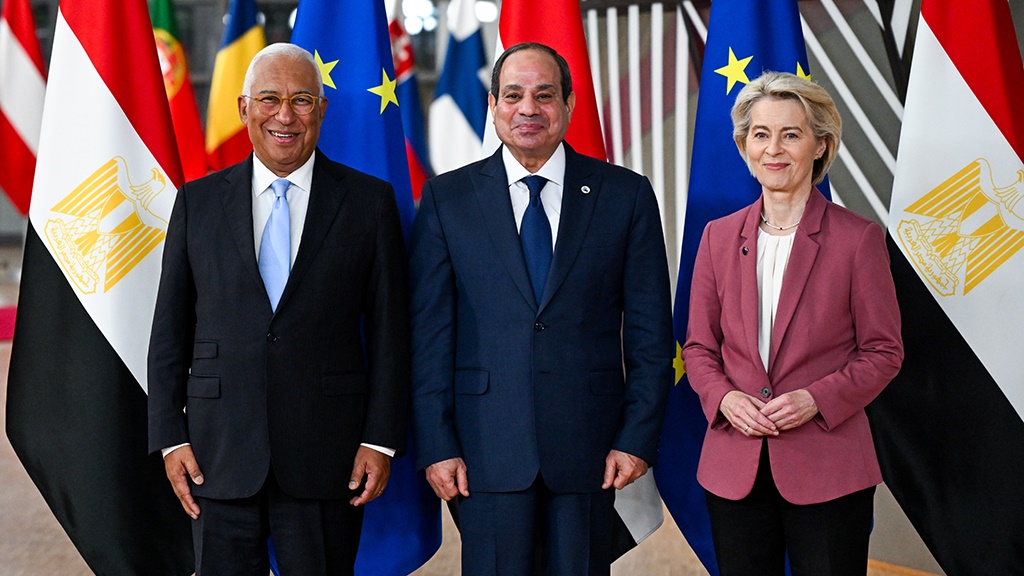
Antonio Costa, Prezydent El-Sisi i urszula von der Leyen [Source: Consilium Europa]
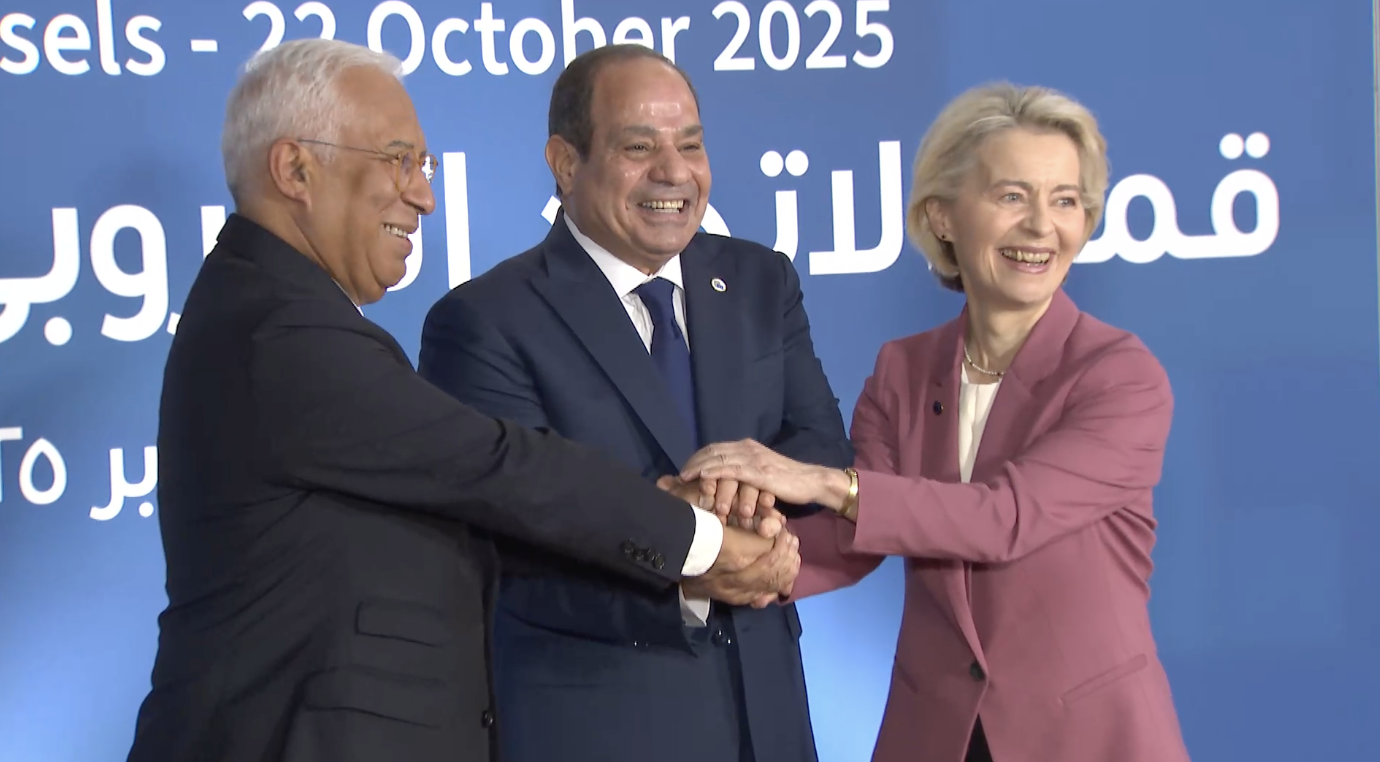
Antonio Costa, Prezydent El-Sisi i urszula von der Leyen [Source: Consilium Europa]
Strategic partnership and financial support
The summit reinforced the EU–Egypt Strategic and Comprehensive Partnership, signed in March 2024, covering six pillars: politics, economy, trade, migration and mobility, security, and demographic development and human capital. It is accompanied by a financial package of €7.4 billion for 2024–2027.
Under macro-financial support, the EU announced €5 billion in loans — €1 billion has already been disbursed, with the remainder to be released after signing a memorandum at the summit. Additionally, €75 million has been allocated for socio-economic development: education, healthcare, water, and sanitation, with particular attention to women and youth. In this way, EU financial support serves both as a tool for economic stabilization and an investment in human capital.
Trade and economic transformation
The summit also highlighted the importance of free trade under the 2004 Association Agreement, which created a free trade area for industrial goods and facilitates the exchange of agricultural products. In 2024, the EU accounted for 22% of Egypt’s foreign trade — totaling €32.5 billion.
However, the discussions went beyond numbers. Green and digital transformation took center stage. Both parties committed to accelerating renewable energy development, supporting a circular economy, digitizing infrastructure, and enhancing digital skills. This combination of business, technology, and ecology shows that the EU and Egypt aim not only to act today but also to lay the groundwork for the region’s future.
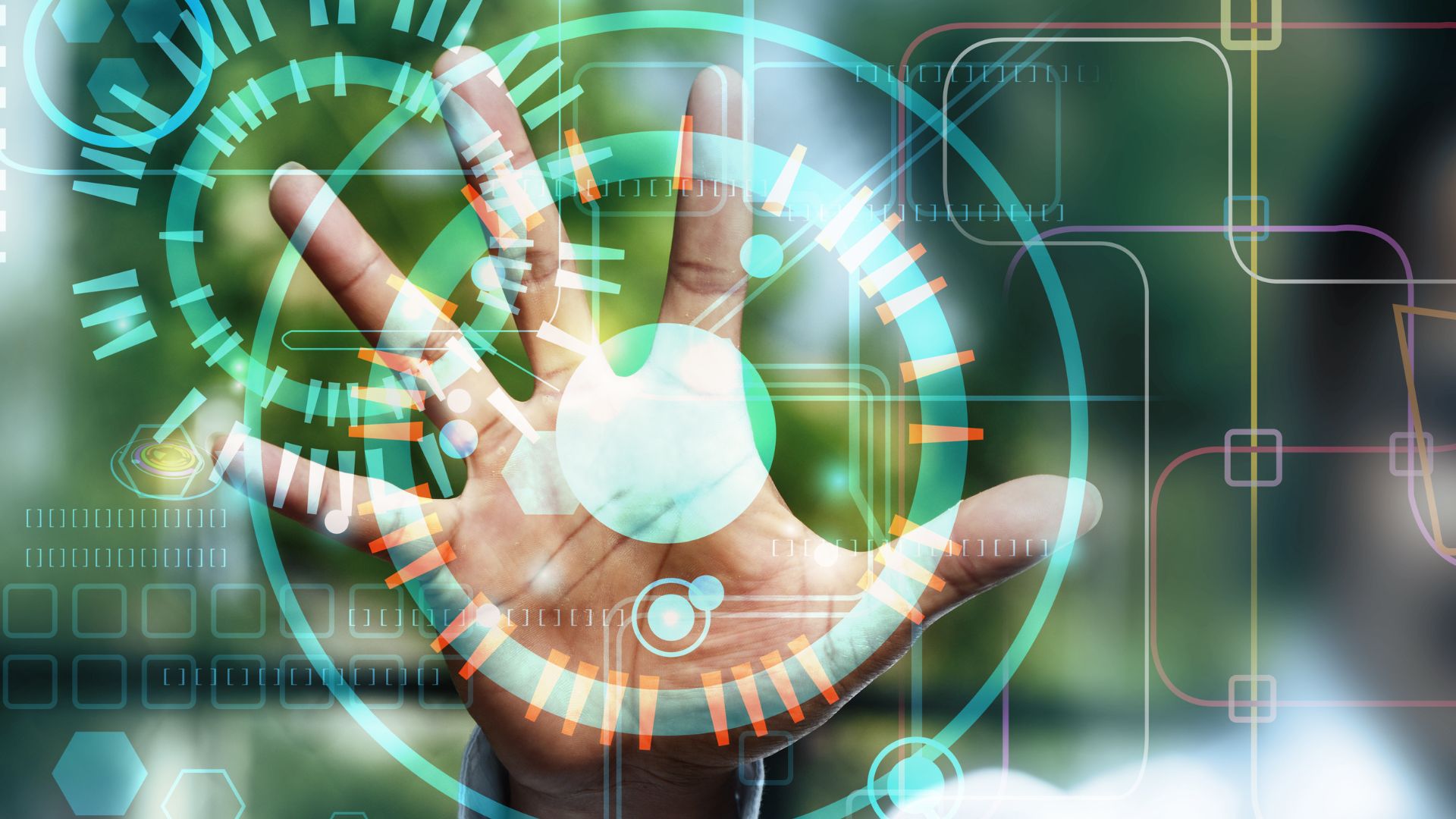
Green technologies. Source: Canva

Green energy. Source: Canva
Security and migration
The summit also tackled more complex and sensitive issues. The situations in Gaza, Sudan, and Somalia were central to discussions. Egypt, as a stable regional partner, committed to strengthening maritime security in the Red Sea, protecting open trade routes, and cooperating in the fight against terrorism, organized crime, and cyber threats.
Migration was another key topic. The EU and Egypt emphasized the need for comprehensive management of the process, based on shared responsibility. Egypt’s role in hosting millions of refugees and asylum seekers was acknowledged, along with the need to create safe and legal migration pathways.
A new geopolitics
The Sharm el-Sheikh summit shows that the EU sees Egypt not only as an economic partner but also as a key player in the Mediterranean and Middle East regions. Egypt’s stability and its role as a conflict mediator are valuable assets for Europe, especially amid growing tensions and competition from other global actors.
At the same time, decisions regarding finance and science are not without challenges. Some politicians and NGOs point to the lack of democracy and increasing repression in Egypt. The summit thus also serves as a test for the EU — how to reconcile strategic interests with democratic values while continuing to support stability, development, and innovation in the region.
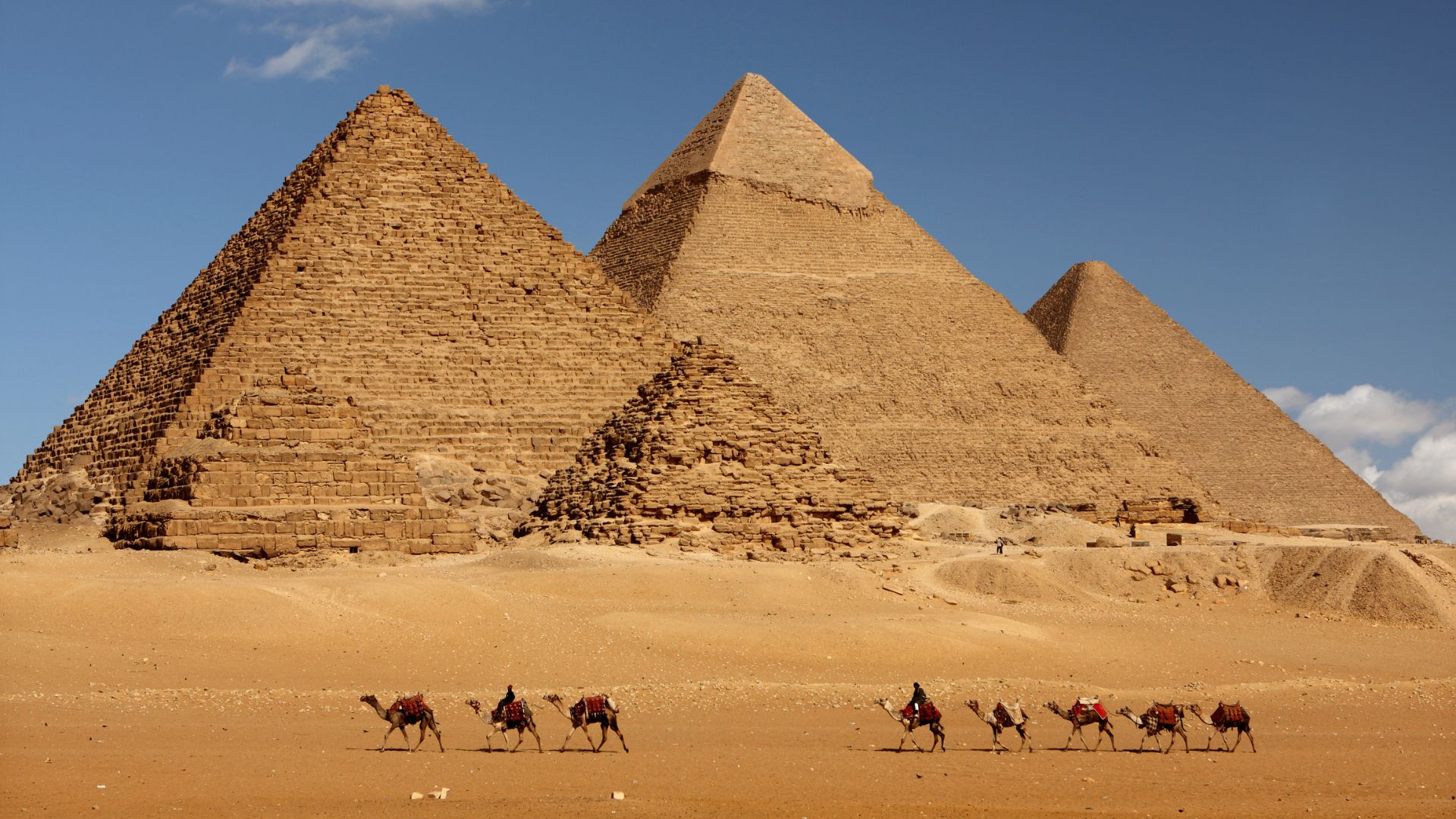
Egypt. Source: Canva
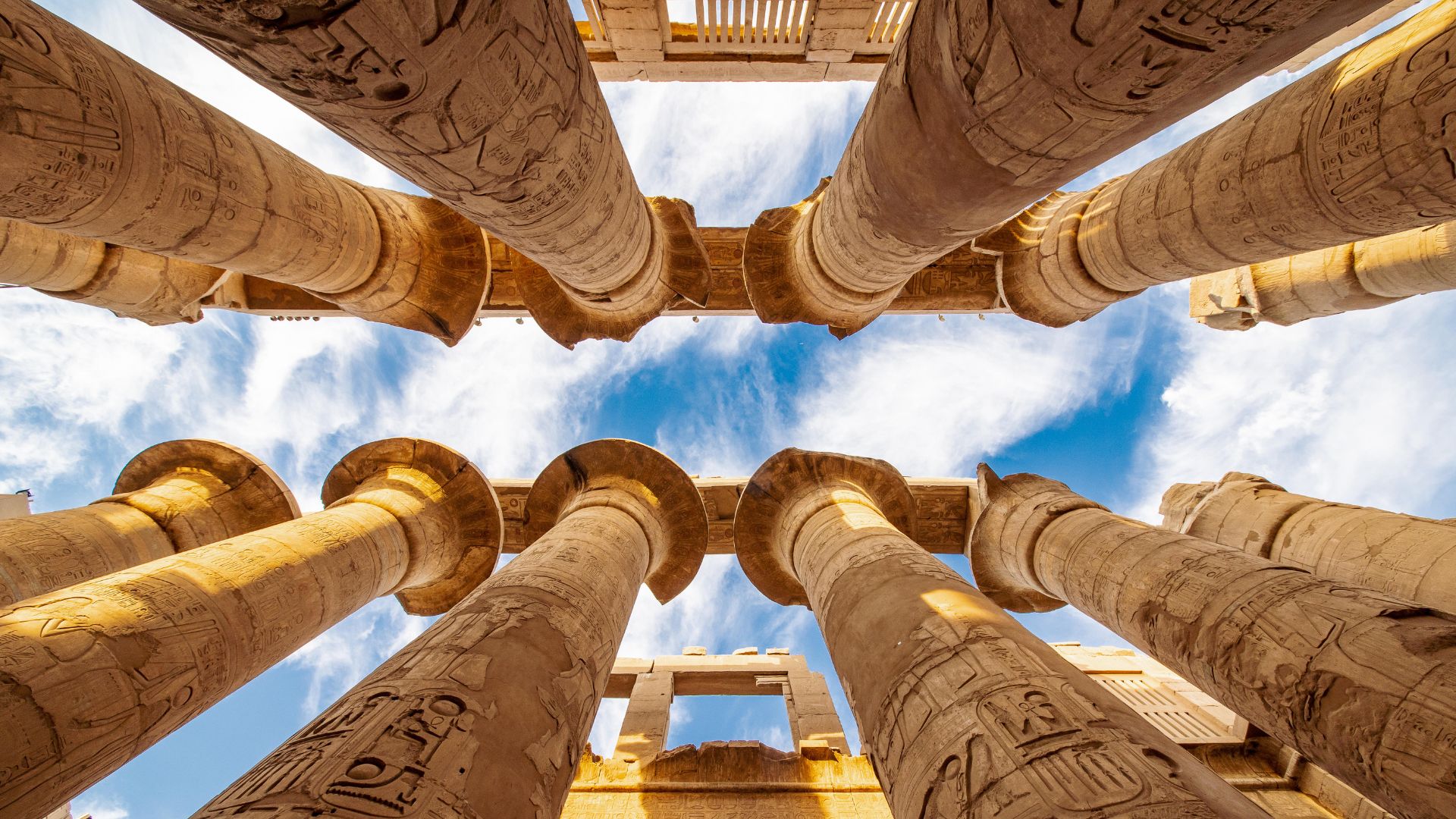
Egypt. Source: Canva
Written by
Shape the conversation
Do you have anything to add to this story? Any ideas for interviews or angles we should explore? Let us know if you’d like to write a follow-up, a counterpoint, or share a similar story.
